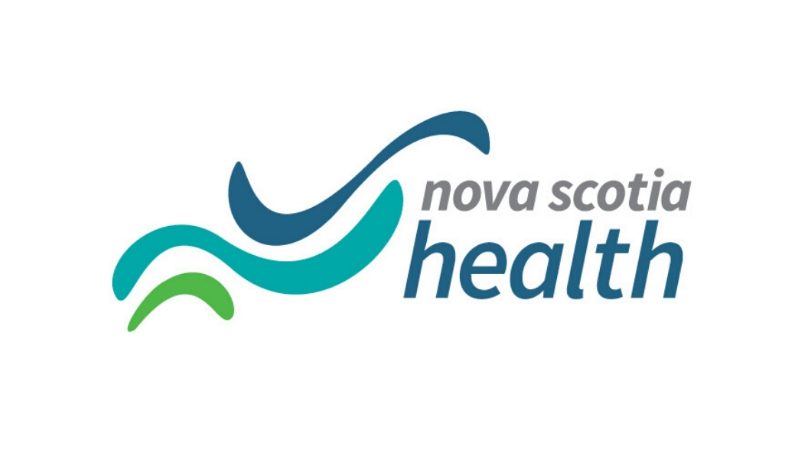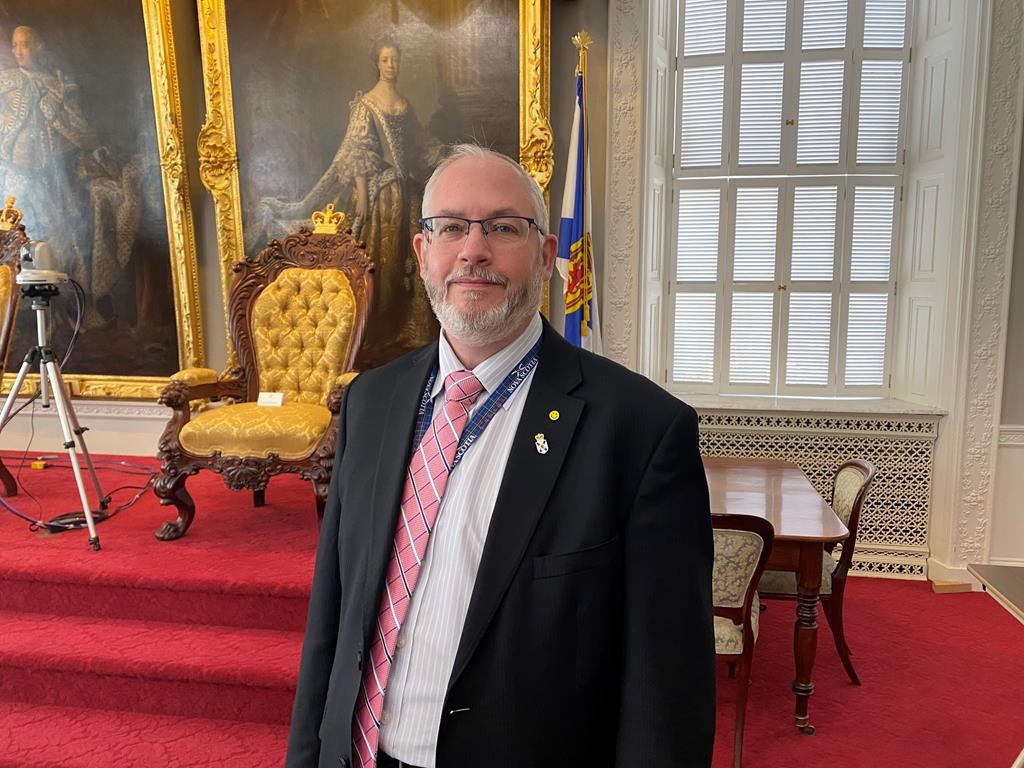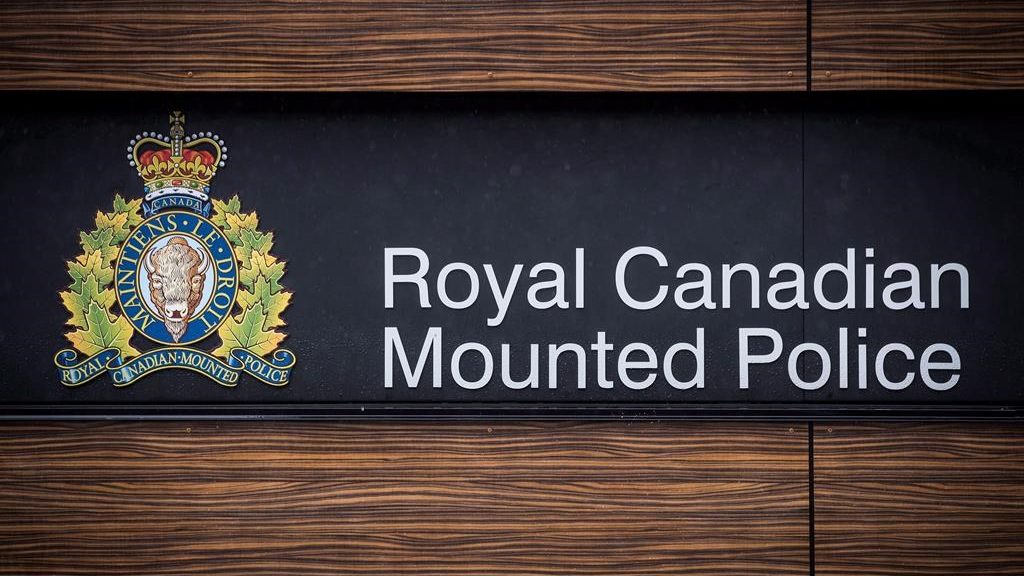Paediatric societies call for Quebec to allow parents on child medical flights
Posted Feb 6, 2018 01:01:34 AM.
Last Updated Feb 6, 2018 10:20:41 AM.
This article is more than 5 years old.
MONTREAL – Quebec must change its policy that systematically denies parents the right to accompany their children during urgent medical air evacuations, the Canadian and Quebec paediatric societies said Tuesday.
The call by the child-advocacy groups follows a similar demand by three physicians who wrote to the Quebec government in December, urging the health minister to reconsider the policy they say disproportionately affects northern Inuit and First Nations communities.
Remote northern areas often don’t have medical infrastructure to care for critically ill people, and as a consequence patients are transported to southern cities for services.
Sending children, especially from First Nations communities, alone on medical flights can be traumatic, said Catherine Farrell, president-elect of the Canadian Paediatric society, in an interview.
The reason parentless flights are especially damaging to native people is due to “intergenerational trauma from the forced removal of children during the residential school system and during the tuberculosis epidemic,” Farrell said.
“(Children) suffer from the absence of their parent,” she added. “Not just during transport, but in the period following transport when we are taking charge of a patient’s care and making decisions without their parents being present.”
Quebec is the only jurisdiction in the country that routinely denies parents the ability to fly with their sick kids, she said.
The paediatric society is calling on the Quebec government to change its policy on air flights and to prioritize space on the plane for a parent or relative to accompany their child.
“I think what we are looking at is rejigging the space (on the place) that’s required for one person to sit,” Farrell said. “I think it’s doable because in other provinces it’s completely doable.”
In January, Quebec Health Minister Gaetan Barrette denied the policy is discriminatory toward Inuit and First Nations and noted the government picks up the bill to fly parents to be at their children’s bedsides.
He said at the time Quebec’s air ambulances are designed to make multiple stops to pick up patients, which leads to a lack of space on the aircraft and added a plane’s medical equipment doesn’t leave much room for seats, and those need to be reserved for medical personnel.
In response to the Canadian and Quebec paediatric societies call for change, a spokeswoman for Barrette said via email he was “reflecting” on the issue.
Asked whether the government’s position had changed, spokeswoman Catherine Audet simply repeated her one-line response: “Our reflections continue on the subject.”
Farrell said the costs associated with renovating the aircraft to allow room for parents would be defrayed by the savings in paying for commercial flights after their children arrive in hospital.
“We will maintain pressure so that (the issue) really gets looked at by (Barrette),” she said. “So that at a minimum, changing the policy is top priority and then making the change a reality is the last step.”










